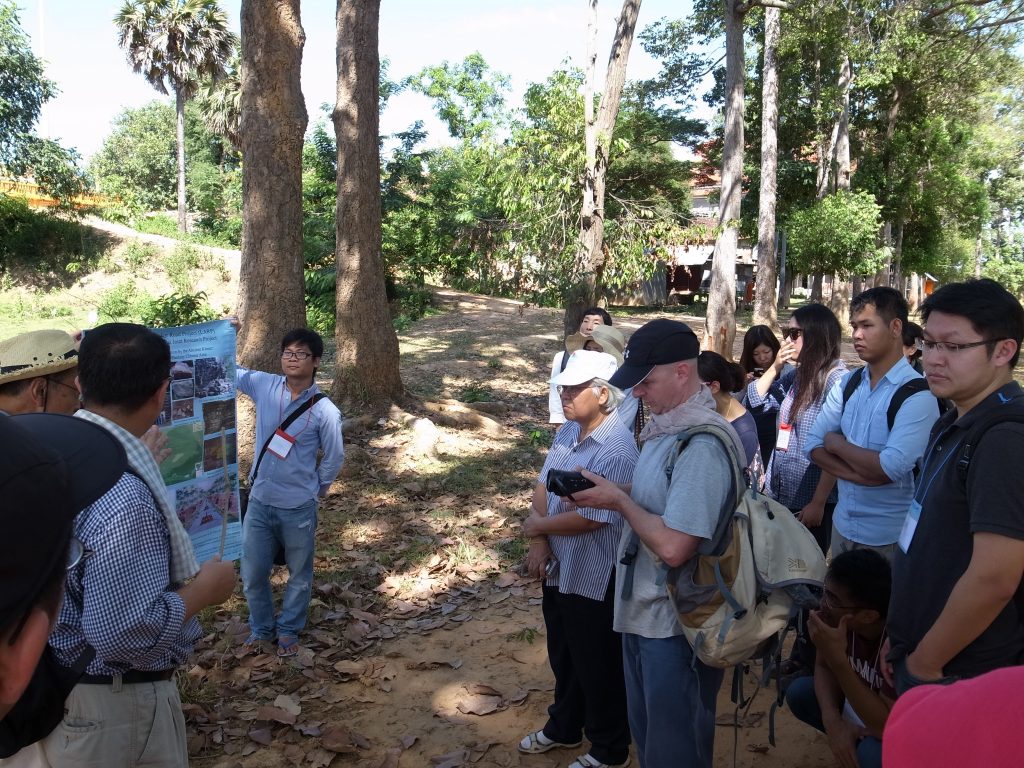Southeast Asia Seminar
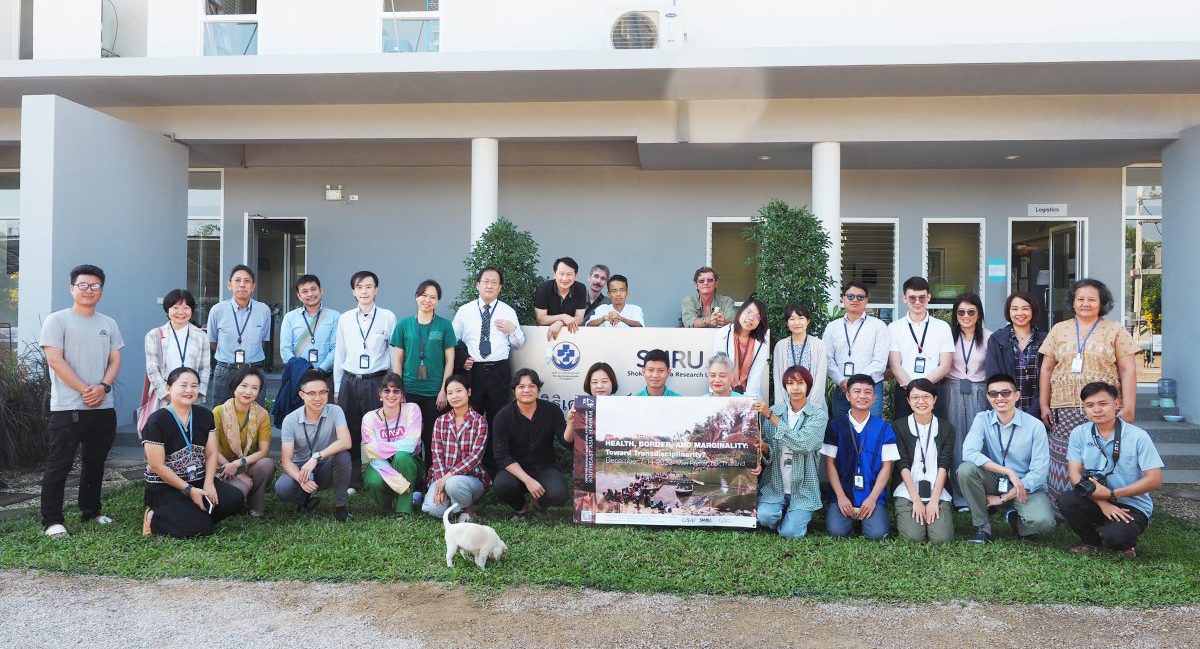
Each year since 1977, the Center for Southeast Asian Studies has convened the Seminar to bring together junior and senior scholars for learning and exchange in Southeast Asian area studies. Initially, the seminar ran for two weeks, offering intensive lectures that provided an overview of the nature, culture, society, economy, and other aspects of the region and the basic knowledge needed to understand the concept of area studies. Subsequently, it became more topically focused, and the period had been shortened to one week for the convenience of participants. The seminar has attracted numerous participants each year, in particular many from within the region starting their engagement with Southeast Asian studies. Since the 1990s, with the increase in similar seminars off-campus, it has attracted increasing interest by choosing relevant topics and changing the format of participation.
Graduate Studies
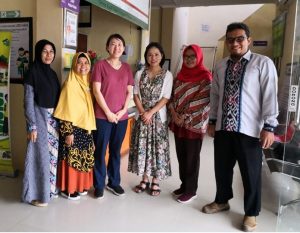
CSEAS has collaborated with other graduate schools in Kyoto University whose academic interests are deeply related to Southeast Asian Studies. In 1981, CSEAS launched the joint graduate courses for Southeast Asian Studies with the Graduate School of Agriculture Division of Tropical Agriculture. In 1993, CSEAS started to offer the graduate courses for Division of Southeast Asian Area Studies for the Graduate School of Human and Environmental Studies. In 1998, the Graduate School of Asian and African Area Studies (ASAFAS) was created by transferring graduate students who formerly majored in the Division of Southeast Asian Area Studies to the Graduate School of Human and Environmental Studies. CSEAS has supported the ASAFAS program for graduate education for more than two decades through maintaining a close and cooperative relationship with the school. For instance, CSEAS and ASAFAS successfully accomplished the Global COE Programs for educating graduate students: “In Search of Sustainable Humanosphere in Asia and Africa (2007-11) which facilitated the launch of a new course, Division of Global Area Studies in 2009, “Construction of a Global Platform for the Study of Sustainable Humanosphere (Strategic Young Research Overseas Visit Program for Accelerating Brain Circulation) (2012-14).” Currently CSEAS and ASAFAS offer several joint courses. Faculty members offer courses to the following programs; Environment, Society and Culture; Ecology and Environment; and Society and Development (Division of Southeast Asian Area Studies). They conduct lectures, seminars, help coordinate open campus events, provide thesis supervision, examine degrees, and help prepare entrance examinations. CSEAS also sends faculty to participate in the Peaceful Coexistence and Humanosphere program and the Islamic World Studies program (Division of Global Area Studies). Furthermore, CSEAS collaborates with the Graduate School of Medicine where faculty also coordinate joint courses for the School of Public Health and teach modules in the Division of Field Medicine.
ILAS Seminar
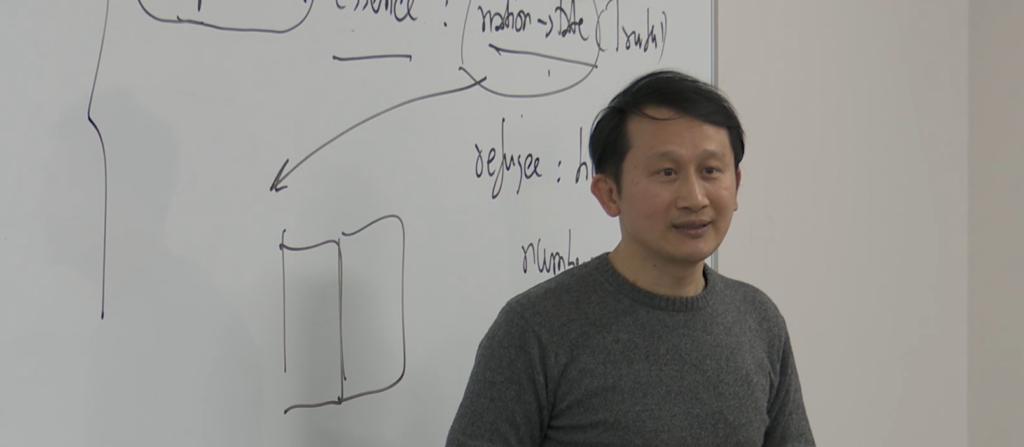
In accordance with recent reform programs for university education advocated by the Ministry of Education, Culture, Sports, Science and Technology (MEXT), the Institute for Liberal Arts and Sciences (ILAS) was created to offer education and seminars to promote further internationalization within and outside the university. Education through ILAS promotes specialized courses across the disciplinary spectrum principally for undergraduate students, both domestic and overseas visiting. Since 2013 Kyoto University has provided around one hundred teaching positions to offer content-based classes in English. Newly employed faculty offer contents based English courses both at undergraduate and graduate courses in the university.
From 2015 CSEAS also provides seminars for undergraduate students who study liberal arts and common subjects in English. CSEAS faculty members teach courses such as cross-cultural communication, human geography, theology, comparative religion, introduction for societies in Asia, introduction for anthropology, and global area studies. From 2017, CSEAS has also started to offer intensive courses for liberal arts and common subjects for undergraduate students. Visiting professors have taught courses such as climate change and its effects on food production in Thailand, the modern history of Southeast Asia, and global history seen from an Indonesian perspective.
High School Collaborations
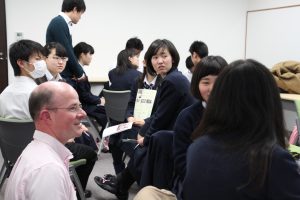
Kyoto University actively searches for young talented persons who can rise to the challenges, respond to issues and develop them on the international stage. To accomplish this, the university makes a strong effort for High-School-University cooperation in accordance with public-relations for entrance examination. CSEAS has supported the “Super Global High School Program” launched by MEXT since 2013 by sending faculty to the designated high schools as advisors. The SGH program aims at training global leaders to develop knowledge to solve global problems. For this purpose, the designated high-schools invite various scholars in universities inside and outside Japan to teach high school students. In August 2017, Kyoto University held an international conference on disaster cooperation between Japan and Southeast Asia. At that time, CSEAS held an international conference to discuss the common issues shared by Japan and Southeast Asian countries. Numerous high schools from around Japan participated to give and share in presentations disaster preventions, economic gaps, and health issues, which were followed by discussions with the scholars for Southeast Asia. In recent years CSEAS has also used documentaries to teach students about the various issues that Southeast Asia is experiencing. CSEAS aims to use different mediums through which to expand the range of interests young Japanese students can have in the world.
Postdoctoral Researchers
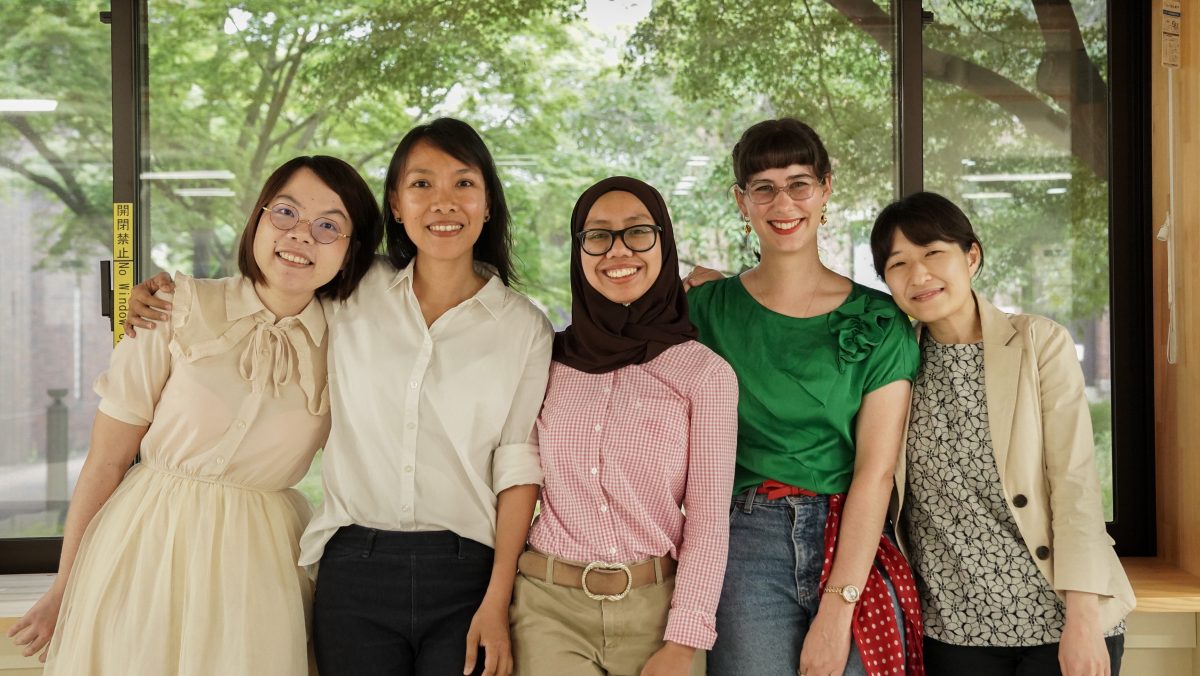
CSEAS actively welcomes young scholars who can help foster new and exciting Southeast Asian Studies. CSEAS has hosted postdoctoral fellows from a diverse range of research-fields. Current postdoctoral researchers occupy fellowship positions sponsored by CSEAS, assistant professorships sponsored by the Hakubi project, postdoctoral fellowships sponsored by Japan Society of Promotion of Science (JSPS) (both for Japanese and overseas based scholars with short and long terms), research fellowships sponsored by Kyoto University’s internal projects, and Grant-in-Aids for Scientific Research. CSEAS also offers affiliated positions for young scholars and encourages postdoctoral fellows to pursue their own studies and projects. Frequent seminars are also organized by the center and held domestically and internationally fostering unique interactions between faculty and visiting scholars from inside and outside Japan. Postdoctoral fellows are greatly encouraged to launch and conduct new seminars and workshops. As a result, CSEAS has received many exciting projects produced through rich and intense interactions among young scholars. Through these, postdoctoral fellows are able to hone and share their knowledge through multidisciplinary dialogue.
※ For the latest fellowships information, please check our website, Facebook 、X 、Bluesky .
Currently, there are no open postdoctoral fellowships.
